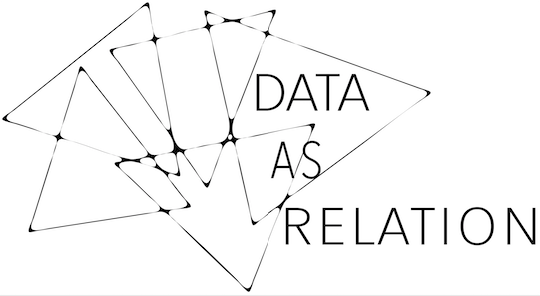6. What is in the ‘driven’? Data driven management in the Danish municipalities
Data driven management has become a central part of the Danish public sector discourse about digitalization and digital transformation. Well-established ideas that form part of this discourse are, that for the public sector to become truly digital and thus more efficient and more innovative, data must be an integral part of public governance. This implies that not only must new IT systems and infrastructures be implemented and developed and new IT skills and competences brought in, new organizational mindsets and…



